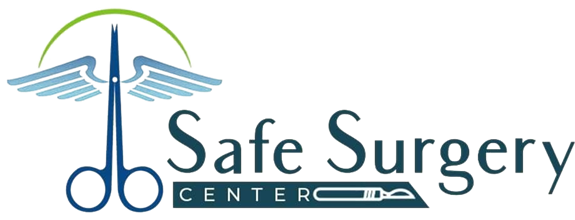
Post Operative Care Tips for a Smooth Hernia Recovery
The recovery after hernia surgery needs effective pain control combined with proper care. Patients who follow healthcare guidelines can ease their recovery while decreasing the chance of surgical complications.
Understanding Hernia Pain After Surgery
Patients should expect normal postoperative pain after hernia surgery due to variations between hernia types and surgical approaches. Patients often report tenderness, swelling, and a pulling sensation near the incision site. A hernia specialist in Agra typically prescribes pain medications such as NSAIDs or mild opioids for the first few days. Applying ice packs can help control swelling, while gentle movements prevent stiffness and promote circulation.
Key Strategies for Pain Management
Medication adherence: Follow instructions from your doctor about pain pills to stop pain from getting worse.
Cold therapy: Use ice packs on your stomach for 15 to 20 minutes in every few hours during the first 48 hours.
Proper rest: Position your upper body higher than your heart to make your stomach feel less tight.
Activity moderation: Keep away from heavy work tasks that might put pressure on the surgical area.
Pain management acts as a key pathway to achieve faster and better results from treatment.
Essential Post-operative Care Tips
You must take care of yourself properly following surgical procedures. The surgical area must stay dry and clean to stop infection from occurring. Eating high-fiber foods will help you prevent constipation so your wound does not receive unnecessary pressure. The healing process benefits from gentle walks yet you must delay intense exercise until your surgeon gives clearance.
For the best outcomes, consulting the best hernia specialist in Agra ensures that your recovery plan is customized to your needs and health history.
When to Contact Your Surgeon
You should visit a healthcare provider immediately if you experience any indications of infection that present as redness spreading or discharge or intense swelling in combination with fever or severe pain. Early treatment of hernia complications helps prevent severe medical issues including hernia return and wound infection.



